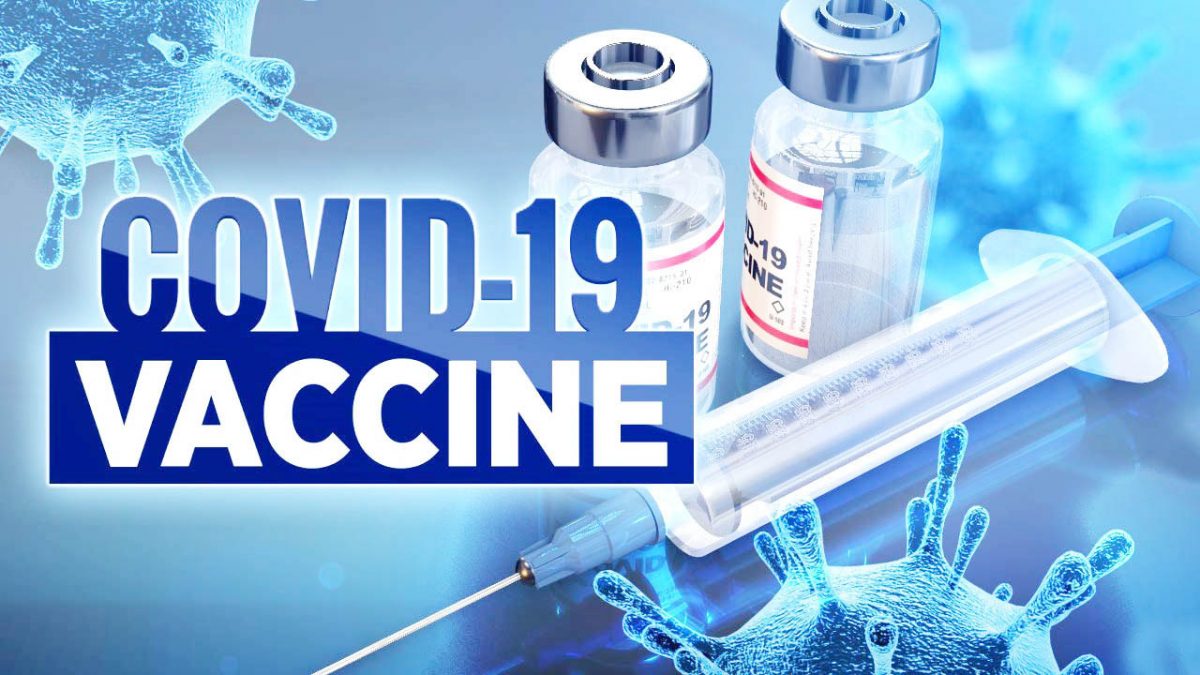There had always been a certain inevitability to the recent Global Alert issued by INTERPOL in the matter of the means by which countries acquire adequate supplies of the COVID-19 vaccines. Setting aside the well-worn expression – no tricks, no living – with which we in Guyana have become acutely familiar, it was the World Health Organization (WHO) Director-General, Tedros Adhanom Ghebreyesus, who, back in February, had delivered a resounding feral blast from Geneva over what he saw as a poignant demonstration of the global rich/poor divide in the approach to the distribution of the coronavirus vaccine. There was a certain embarrassingly undiplomatic bluntness to what the WHO top official had to say, not least his unmistakable assertion that the matter of the inequitable distribution of the vaccines was not a function of an absence of resources with which to acquire them, but rather, a function of what he considered to be a decidedly unwholesome application of leveraging by rich countries to ensure that their own supplies (and a bit more than they actually needed) were assured before giving consideration to supplying ‘the hungry half’ with even a modest allocation.
What the WHO Director General had to say was in fact, a disclosure of an artificially created shortage by rich countries which our international ‘community’ of eagle-eyed middlemen, forever on the lookout for opportunities to exploit the potential gain that arises out of a shortage, eventually seized upon.
The global nature of the COVID-19 pandemic and the consequential enormous demand for vaccinations by rich and poor countries alike served to create an unmistakably once-in-a-lifetime opening for middle men foraging for ‘big game.’ In truth, the demand and supply correlation that arose out of the sense of urgency that had come to be associated with the acquisition of vaccines amounted to, arguably, the mother of all opportunities for the racketeers.
What the advent of COVID-19 and the attendant global ‘shortage’ of vaccinations did was to cause them to swing into action on a scale that had been, in all likelihood, unprecedented in ‘many moons’. Indeed, INTERPOL’s belated alert to all of its 194 member countries, including those in the Caribbean came too late, by its own admission, to prevent the 60 cases in 40 countries in which individuals in health ministries and hospitals had already received ‘offers’ of COVID-19 vaccines that had been approved for distribution in their respective countries.
It is a scam, INTERPOL says, that is facilitated by global communication systems that have been incrementally upgraded over the years to allow for the easy targeting of both institutional and individual e-mail accounts as well as telephones. Equally important here is the ability of the racketeers to recruit well-placed individuals in targeted countries to their nefarious pursuits and what they would have already surmised to be the sense of urgency attached to the acquisition of the vaccine by the ‘receiving’ countries.
INTERPOL’s Secretary Jürgen Stock says that the alert underlines the importance of public/private sector cooperation since “as we see with cybercrime, usually it is the private sector which has the most information about attacks and trends, which is exactly what has happened with these attempted vaccine scams.” Here, the INTERPOL Head is pointing to the importance of a collaborative effort between the public and private sectors to work together to create pushback against these scams, a condition that is not always easily achievable in countries where corrupt practices obtain in both sectors and where individual opportunities for profiteering are, all too frequently, enthusiastically embraced.
Asserting that the manifestation of the racketeering is associated with the illegal distribution of COVID-19 vaccinations, INTERPOL says that the culprits have been thorough, exploiting “every stage of the pandemic… from creating websites and social media accounts claiming to sell protective equipment and medical supplies to the manufacture and distribution of fake vaccines as well as ransomware attacks on critical infrastructure.”
To these can be added what in many instances is, the preparedness of well-placed individuals in various countries to ‘join hands’ with the racketeers.
What the perpetrators are doubtless banking on is the effect which the prevailing high global demand for vaccines have on the potential for huge profits and the consequential likely ease with which they can press public and private sector officials in targeted countries into partnering with them, This, in part, is responsible for INTERPOL’s warning to its member countries that “even when the fraud fails it is important that it is reported to the police so that potential links can be identified.”






